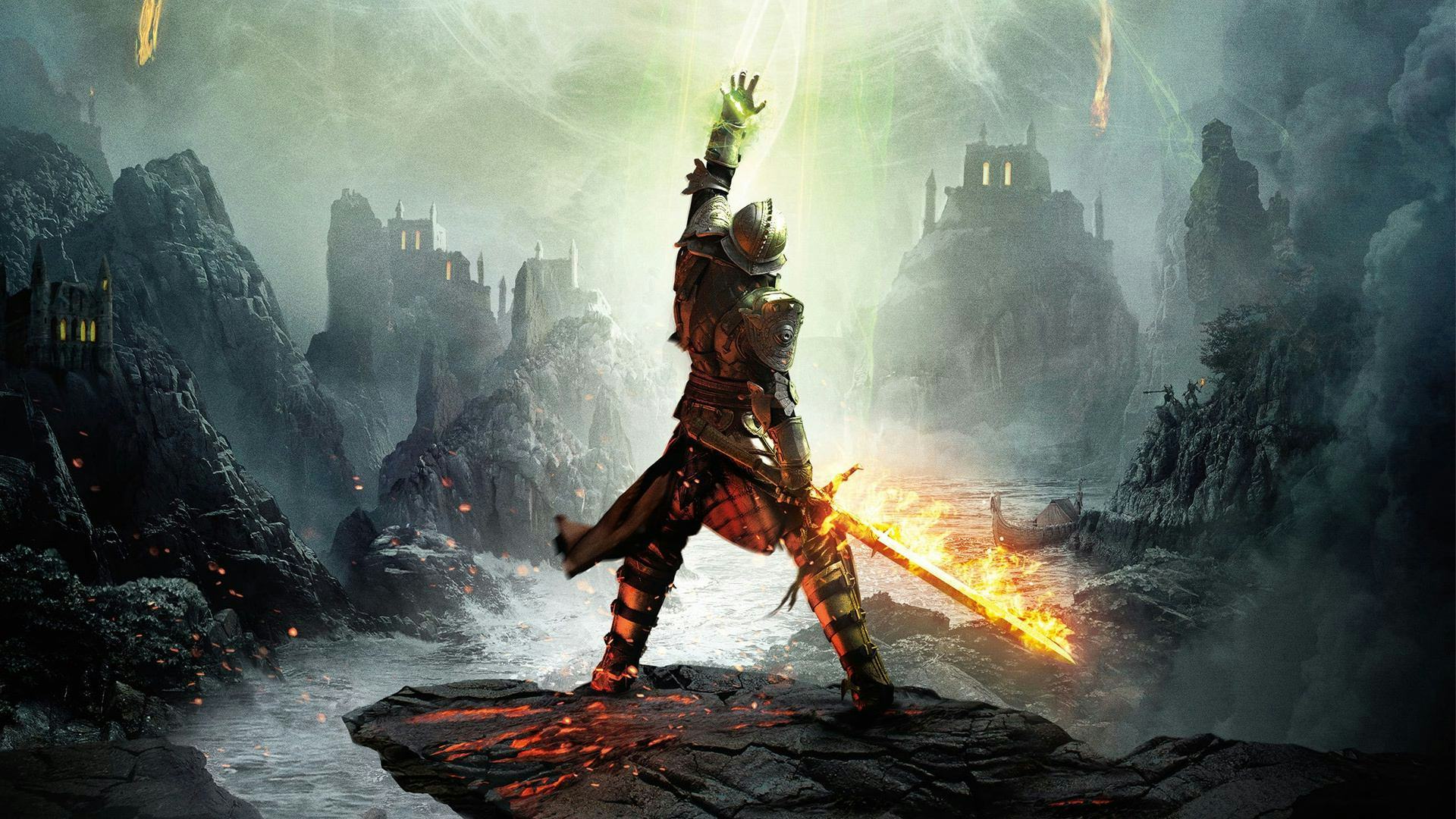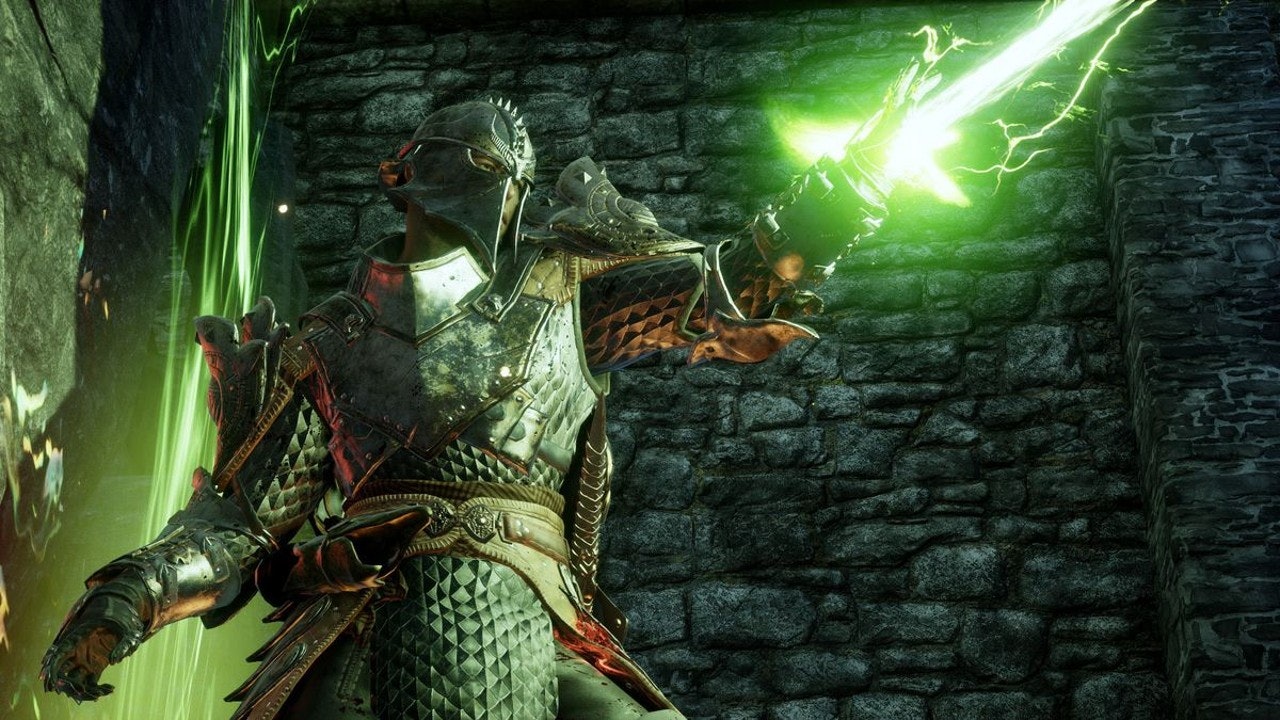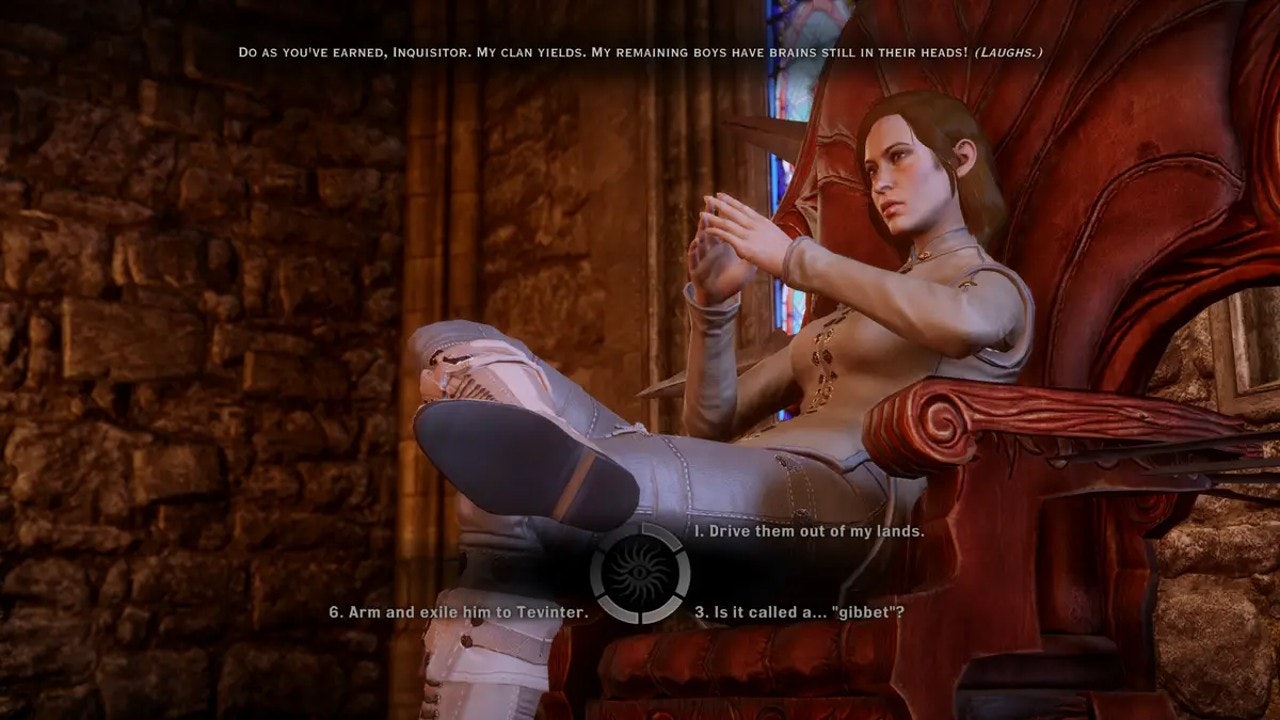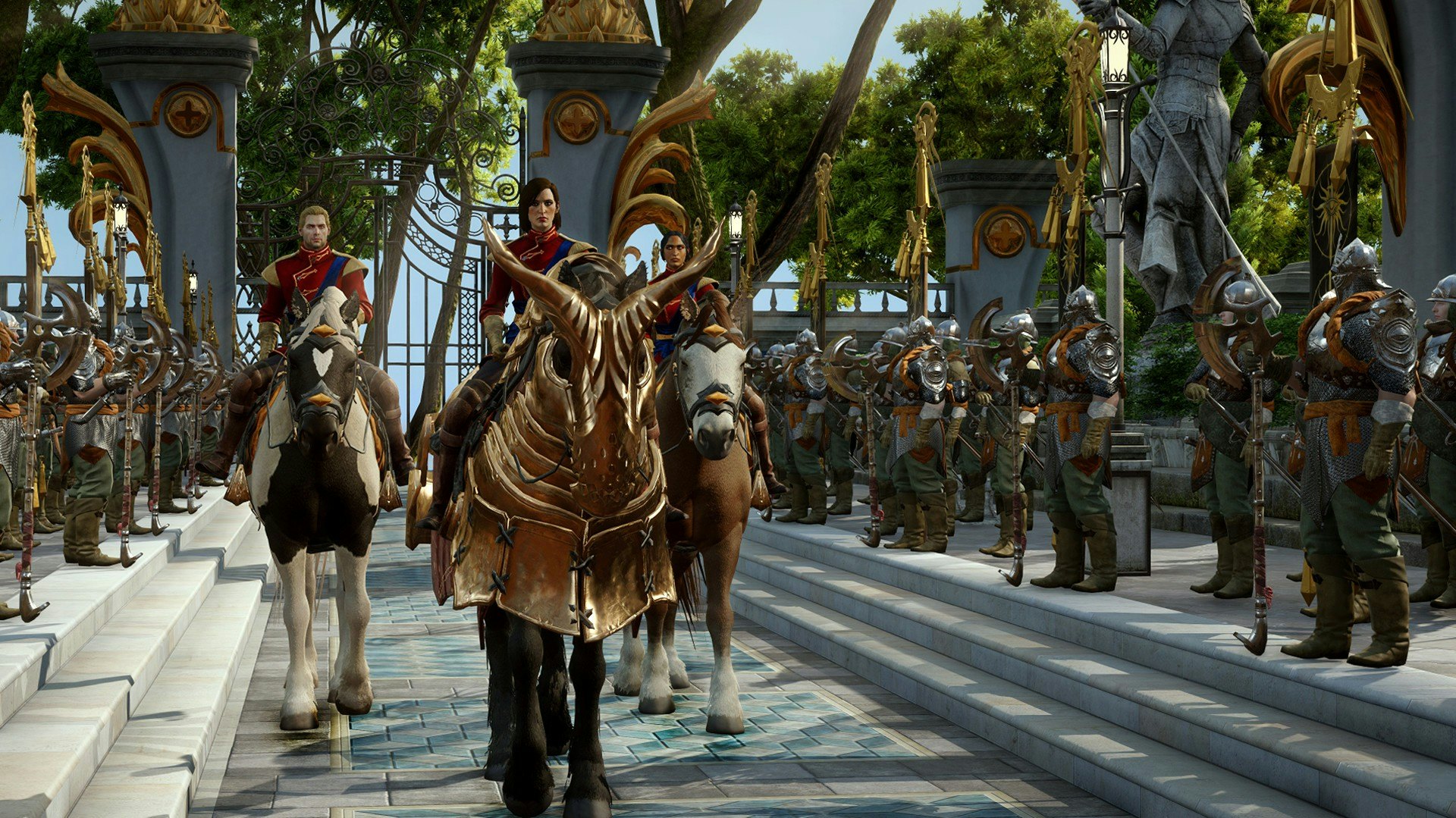
After surviving a devastating attack by a demon army, you emerge from an avalanche miraculously unscathed. It’s enough to convince your followers that you’ve been sent by god themselves, also known as The Maker. Dozens of people kneel in reverence to you and break into a haunting hymn — but do you yourself believe that you’re the chosen one?
Dragon Age: Inquisition is a fascinating game, undoubtedly bogged down by generic open world design, but also filled with incredibly compelling storytelling and tough questions. It’s been ten years since the game’s release. We’ve seen revolutionary RPGs in that time, like The Witcher 3 and Baldur’s Gate 3. But Inquisition still manages to beat everything else in one major way. No other game out there has managed to have as compelling and meaningful commentary on religion and the nature of belief, forcing players to ask themselves tough questions and be introspective. More than anything in Inquisition, this narrative theme has solidified the game’s place in history.

In Dragon Age’s world of Thedas, there’s one massive religion that dominates most of the realm — the Chantry of Andraste. The Chantry dominates much of daily life in Thedas, having a hand in culture, society, history, and more.
At the beginning of Inquisition, a giant rift appears in the sky, spewing out demons and leaving many to believe it’s the literal end of days. Your character is the sole survivor of the explosion that caused this rift and, somehow, you’ve gained a magical glowing power in your hand that can close such dangerous rifts. Whether you like it or not, you’re now quite literally the only person that can save the world. The chosen one story isn’t anything new to video games, but the way Inquisition approaches that tired trope is what’s truly novel.
Dragon Age games have always been heavy on role-playing and using the main character as a self-insert, but that’s ever more present with Inquisition. The major conflict of the game is your role in everything, and whether you choose to have faith, doubt, or anything in between.

Ultimately, Inquisition doesn’t ever confirm your Inquisitor is actually a chosen hero, but if you wish to believe that you can. It’s all about the player’s interpretation, at every step. Do you have faith that you’re a hero chosen by god, or do you bemoan the pure chance that put you in the wrong place at the wrong time? Is your newfound power a blessing or a curse?
The idea of religion isn’t just a part of Inquisition, but the vital piece that everything revolves around. Time and again the player is forced to confront their newfound authority, and it’s fascinating to constantly see characters regard you as basically this world’s version of Jesus Christ.
But crucially, the game never actually pushes you in one direction, or says there’s a right or a wrong answer, and that’s its most important message. Religion is a big messy thing that has caused constant conflict throughout human history, but Inquisition doesn’t condemn players no matter what they believe. Faith can be a good thing, providing stability and strength, but when used wrongly it can also be dangerous.
As the Inquisitor you need to constantly tread that careful line — the people hang on your every word, but because of that you might cause consequences you never saw coming. You’re just a normal person put in an impossible situation to decide the fate of the world. Inquisition’s use of religion and faith isn’t an indictment on any belief system, but rather a mechanic to provoke thought within the player, providing room for you to interrogate your own feelings.

But even past the religious subtext, Inquisition also deconstructs the very idea of heroes, by putting you in the middle of it. Again that sense of choice and roleplaying is vital to the game. You can lean into being the hero and get people to worship you, or you can be entirely uncomfortable with being put on a pedestal. Your deeds end up being spread across the realm, oftentimes accompanied by wild exaggeration. This means that when you meet new characters they already have preconceived notions about your character, which plays against the whole shtick of you being just an average nobody.
Dragon Age: Inquisition’s ability to make the player think is by far its best quality, it was to provoke thought with its narrative themes, and usually wildly succeeds. There are plenty of games out there that have commentary on religion, but there’s never been another game that ties its story so quintessentially to the player’s own ideals. It’s a rare achievement that more role-playing games should strive for.







